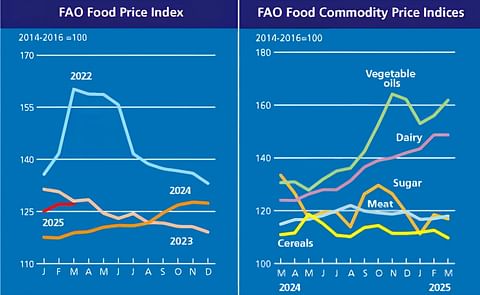Centro Internationale de la Patata–East and Southeast Asia and the Pacific (CIP-ESEAP) regional leader Fernando Ezeta, who visited potato farms in Benguet in the Philippines, said developed countries demand for organic potatoes which is an avenue to overcome competition in the global market.
Ezeta said the marketing of organic potatoes will only be possible should there be a good certification system of the province that would declare the authenticity of the product as organic.
The seasonality, Ezeta said, is also one of the advantages of this province in the Philippines as the crop can be grown in multiple cropping seasons which can be used as market window of opportunity in the Asian region.
The seasonality, Ezeta said, is also one of the advantages of this province in the Philippines as the crop can be grown in multiple cropping seasons which can be used as market window of opportunity in the Asian region.








